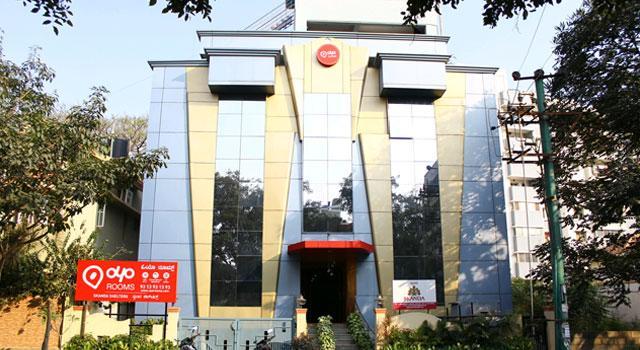
Delhi-based Oravel Stays Pvt Ltd, which runs the branded budget hotels marketplace OYORooms.com, has raised $100 million (Rs 635 crore) in a fresh round of funding led by Japanese tech conglomerate SoftBank. Existing investors Sequoia Capital India, Lightspeed Venture Partners and Greenoaks Capital also put money in this round, as per a press statement.
The funds will be used by OYO Rooms to expand the size of its network to 50,000 rooms across 100 cities by the end of this year, develop innovative technology products and enhance customer acquisition.
“We are excited to have global investors like SoftBank partner with us in this vision. Their experience in building innovative companies globally will bolster our efforts to grow into one of the world’s most trusted hotel businesses,†Ritesh Agarwal, founder and CEO of OYO Rooms, said.
Agarwal had founded Oravel in 2012 when he was just 17. It operated Oravel.com, which was a marketplace for boutique guest homes, inns, bed-and-breakfast establishments, serviced apartments, holiday rental and palaces. The firm aggregated bed-and-breakfast establishments, private rooms and serviced apartments for short and mid-term rental. However, the company shut down Oravel in June last year, and the domain name Oravel.com now redirects to OYO Rooms.
OYO is a chain of branded budget ‘rooms’. These rooms or hotels are not owned by the company and the firm operates on an asset-light model. According to its website, the startup offers its services in nearly 80 cities. The company claims to have launched in 25 cities and added over 400 properties last month alone.
The startup was incubated at VentureNursery, an angel-backed startup accelerator, in 2012. In October 2012, Oravel received an undisclosed amount in seed funding from a group of investors, including VentureNursery. Eight other angel investors, including Everest Flavours’ MD Anand Ladsariya and Nirvana Venture Advisors co-founder Amit Patni, also participated in the round.
In May 2014, the company raised $650,000 in funding from DSG Consumer Partners and Lightspeed Venture Partners. Last September, it raised more money from Sequoia Capital, Lightspeed and DSG Consumer.
It topped it up with $24 million round led by Greenoaks Capital Partners with the participation of existing investors. This made it by far the most funded among its peer group. Another competitor for OYO is StayZilla, which is essentially a booking platform for budget hotels. StayZilla, however, does not offer any branded chain.
Those offering a branded booking platform like OYO Rooms include Zo Rooms, ZiP Rooms and Wudstay, Zo Rooms, Zen Rooms and Ibibo's goStays which look for a slice of the growing budget hotels aggregation space.
Anchored on an asset-light business model, these firms are essentially aggregating standalone budget hotels, strapping them with a common brand with a promise to the consumer to offer a standardised set of amenities like a conventional budget hotel chain.
They are seen as a new breed of accommodation booking providers against large online travel agencies (OTAs) such as MakeMyTrip, Yatra, Goibibo and Cleartrip among others which simply list hotels of all categories.
Zo Rooms raised a Series A round led by Tiger Global with participation from Orios Venture Partners last month. Over the last six months, Zo Rooms has expanded to 30 cities with more than 400 hotels across the country. It plans to add five hotels everyday, expand to two new cities every week and have 2,00 hotels in 60 cities by December this year.
WudStay Travels Pvt Ltd, which owns and operates WudStay.com, also raised $3 million in Series A funding from venture capital firm Mangrove Capital Partners and Nimbuzz CEO Vikas Saxena in July.
The latest funding will give more firepower to extend its lead over its competitors in getting more standalone hotel owners to join its brand.
Meanwhile, for SoftBank this marks the fourth big investment in India in less than a year. The telecom and internet giant had put in roughly $1 billion in India since last October, having backed Snapdeal, Ola and Housing.com.